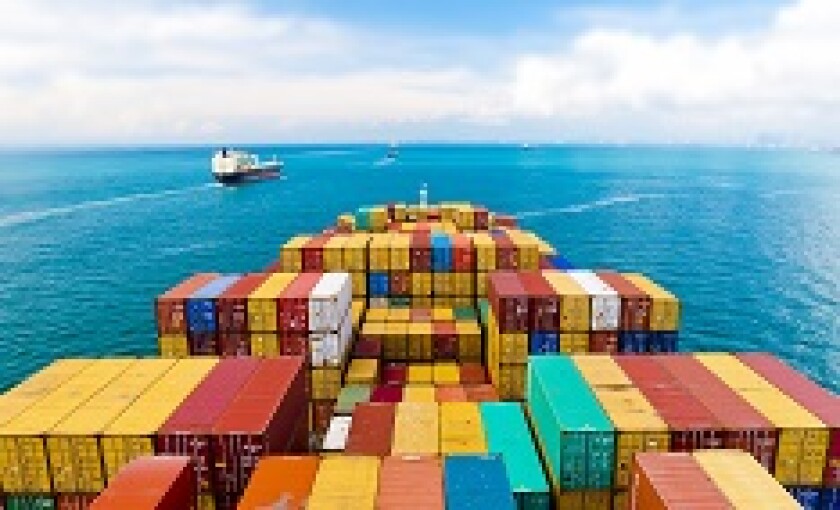In dollar terms, November exports from China contracted by 1.1% year-on-year, according to data released by the General Administration of Customs on Sunday. Imports grew slightly by 0.3% last month.
Falling exports to the US was the key driver of the decline. Exports to the US saw a year-on-year fall of 23% in November, versus just 16.2% in October. Exports to the European Union also contracted by 3.8% year-on-year in November, ending a four-month consecutive increase. Exports to Japan continued to slide by 7.8% year-on-year.
On a brighter note, exports to Southeast Asian countries accelerated further to 18.% year-on-year from a 15.8% growth in October.
“In our view, the weaker exports to the US likely reflects the still-weak American demand, and the postponing of shipments in anticipation of lower tariffs in the future,” Yingke Zhou, an economist at Barclays, wrote in a Sunday note. Zhou also argued that the strengthening import growth reflected signs of a near-term stabilisation in domestic demand.
*
The CBIRC published a document last Friday, lifting the cap for foreign holdings of Chinese life insurance companies from 50% to 51%. The regulator also said it will completely lift the cap sometime in 2020.
The entrance requirements for foreign life insurers were also loosened. The regulator scrapped the requirements that a foreign life insurer must have an operating history of 30 years and a representative institution set up onshore two years before setting up a joint venture in China.
*
China will waive the import tariff on some soybeans and pork from the US, according to a Friday announcement by the Ministry of Finance.
The tariff can be waived if individual firms file an application with the Customs Tariff Commission under the State Council. The quantity of the exempted products will be based on firms’ needs, the statement said.
China first imposed the tariff on these US products as a retaliatory measure when the US accused the Mainland of engaging in the forced transfer of US intellectual property.
*
China’s foreign currency reserves reached $3.1tr by the end of November, according to data published by the State Administration of Foreign Exchange on Saturday. That marks a $22.9bn increase from the beginning of the year.
*
Bank of China has predicted that the annual growth rate of China’s economy this year will be 6.1%, state-owned media Xinhua reported.
*
On Sunday afternoon, Hong Kong staged its biggest protests in months. Local media reported that 800,000 people were on the street at the peak of the demonstration. The protests remained largely peaceful.
*
China’s asset management companies (AMCs) are tasked with a new mission — taking over local government's off-balance-sheet debt, local media reported last Friday evening.
Previously, AMCs were not allowed to help dispose of or restructure the debt of local government funding vehicles. But since being given the go-ahead recently, they have jumped into action. China Cinda Asset Management Company, for one, has already poured Rmb7bn ($995m) into restructing local government debt, it said.
The four largest national AMCs — China Cinda Asset Management, China Great Wall Asset Management, China Orient Asset Management and Huarong Asset Management — were created in the late 1990s and early 2000s to help dispose of bad bank loans.

